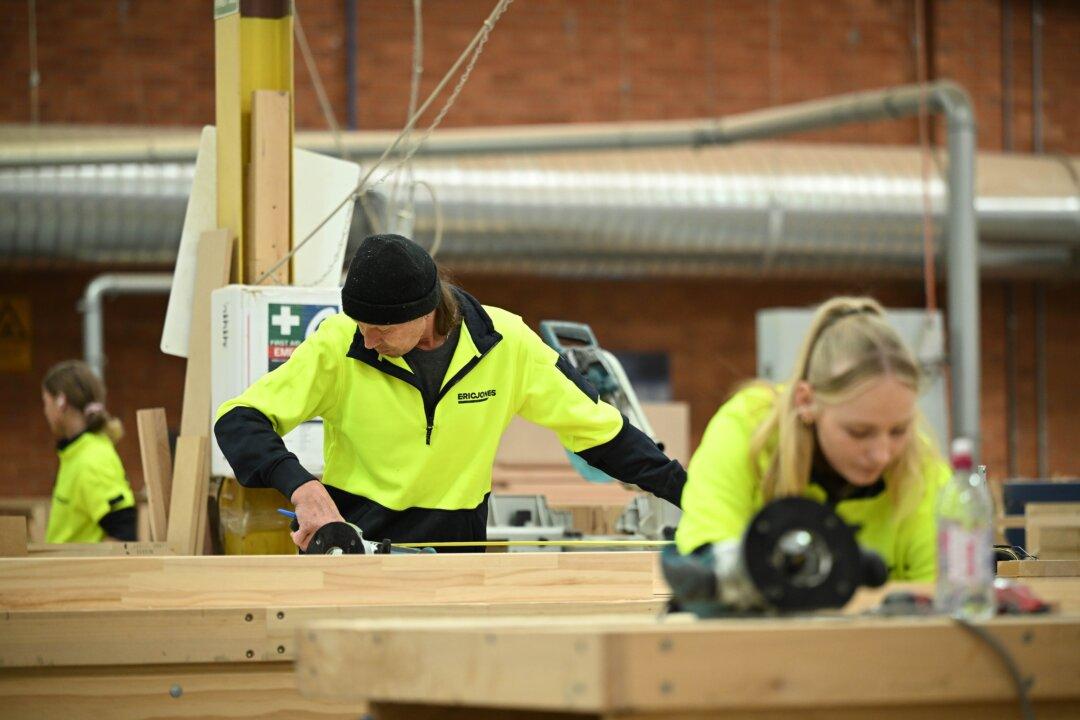Highly politicised, “woke” curriculums and disruptive classrooms have led to less engaging lessons, pushing many young Australians to call it quits before graduating high school.
Australian education expert Kevin Donnelly said the decade-low high school retention rates are the result of students becoming disengaged throughout COVID as they lost face-to-face interaction with their peers and teachers.





